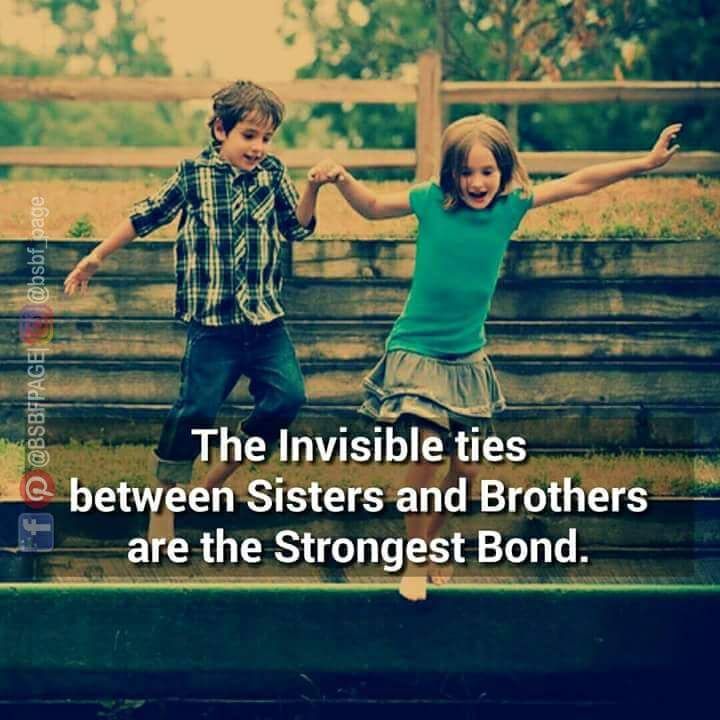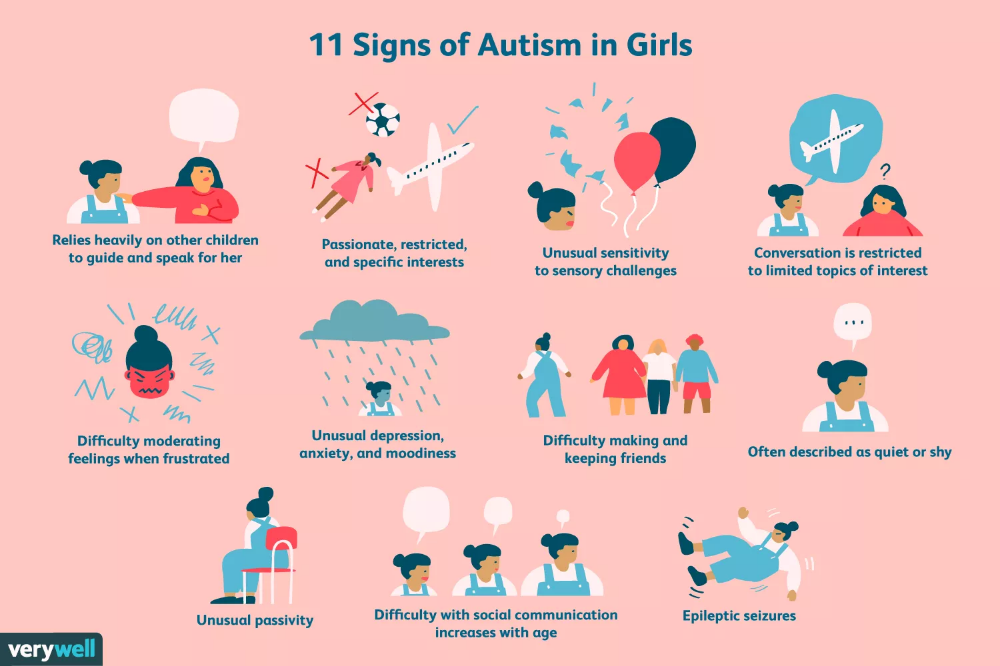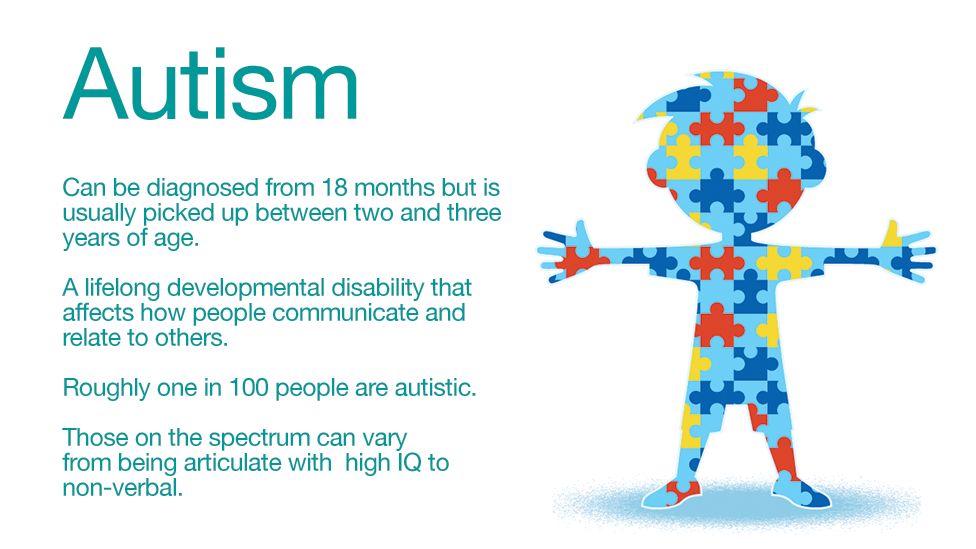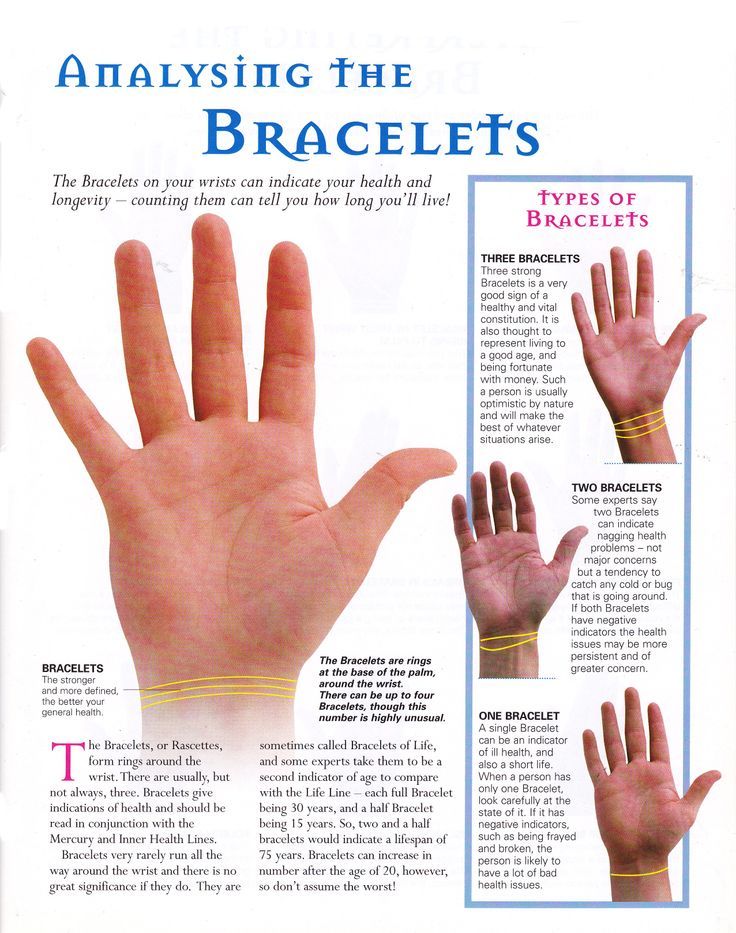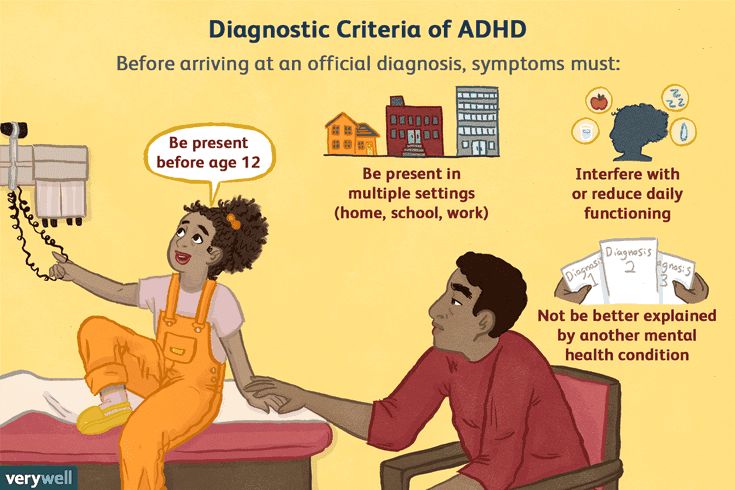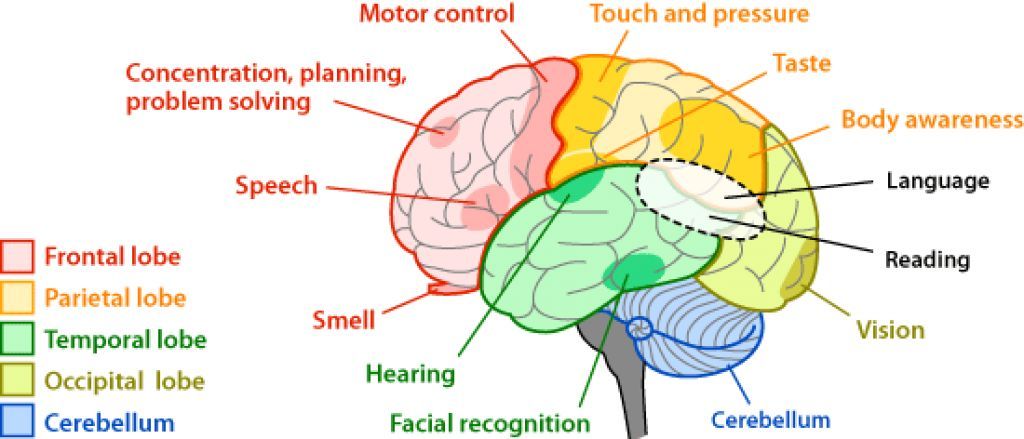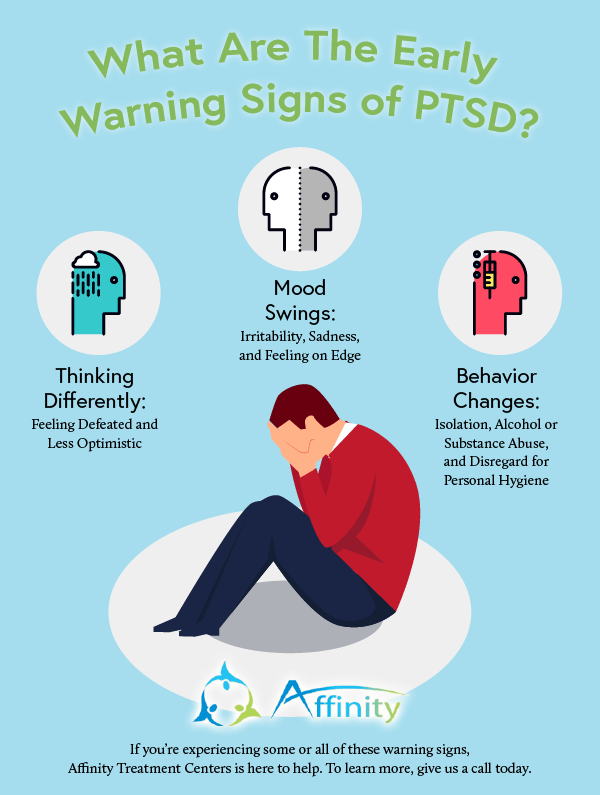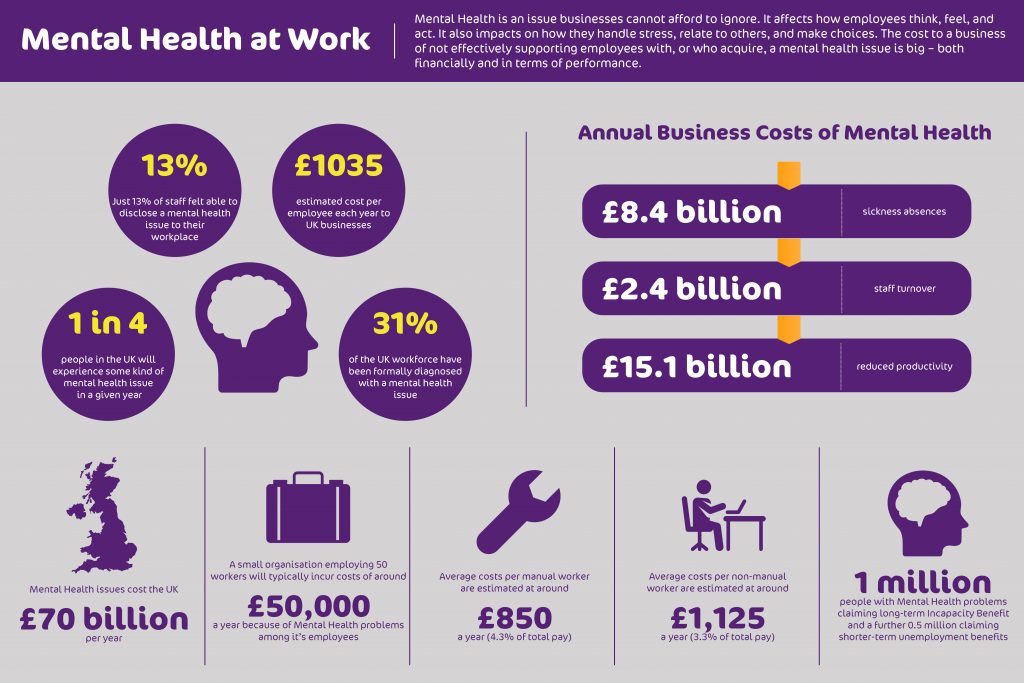Strong bonding relationship
7 Practical Relationship Tips To Build A Stronger Bond
318
SHARES
What does it take to build a strong bond with your partner or to make them happy? The answer is much simpler than you think. It doesn’t take extravagant gifts or fancy trips abroad to make your spouse happy or to make your relationship strong.
No, it is the daily things like saying I love you regularly and learning how to verbalize your wants and needs that will strengthen your bond and bring happiness into your relationship.
What makes a relationship strong and healthy? Effort and love. Whether you’ve been married for months or decades there are always ways to improve your relationship and yourself. Here are seven tips to cement your bond and a long sustaining, happy future.
1. Argue To Fix, Not To Win
One tip to build a strong bond with your partner is to argue to fix a problem, not to win an argument.
Learn to fight fair. Do not dredge up issues or problems from the past. Do not say things purposely to hurt your partner’s feelings or to weaken them. Do not squabble about who is right or wrong. Instead, focus on how you can solve the issue at hand and prevent the argument from spinning out of control.
Both partners should make a real effort to see the other’s point of view and to have empathy for how they are feeling. Do not view your argument as a negative experience. Instead, speak to solve, compromise and work towards a solution.
2. Communicate Regularly
One tip to build a stronger bond is to communicate regularly with your spouse. You often hear that communication is the key to successful relationships, but have you ever wondered why?
Communication is about both understanding one another and learning about each other. When you talk regularly, you connect on an intimate level. It is also a forum for you to settle any disputes without arguing. This can relieve stress between married couples and it allows you to vent out any anxiety you feel about your lives.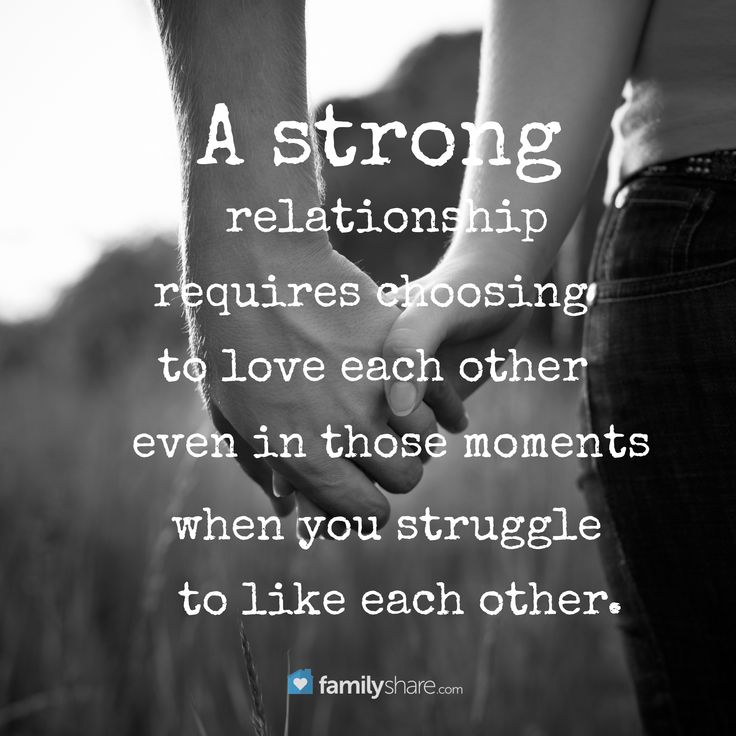
Do not think that communicating with your mate means you have to tackle heavy topics every time you speak. Communicating also means expressing yourselves to one another about your day or your children.
3. Laugh Together
Couples who laugh together strengthen their bond. Not to mention, laughter can naturally boost your immune system, relieve stress, lower blood pressures, and release feel-good endorphins in your body.
Joking around with your mate is also a great way to ease tension or to stop a fight. Not to mention, couples feel closer when they have “inside jokes” that they can refer to.
4. I Love You
Who doesn’t love hearing “I love you” every day? Those three little words have the ultimate power to make you feel special and draw you closer as a couple. The caveat? They must be said honestly, not out of habit. Expressing your love does not have to be elaborate, it should simply be sincere.
There are many ways to display love in your relationship. You can show love by kissing, hugging, engaging in physical intimacy, and even through surprise gifts. These touch sensations bring couples closer together.
You can show love by kissing, hugging, engaging in physical intimacy, and even through surprise gifts. These touch sensations bring couples closer together.
Your love is the ultimate bond you share. It is the way you express how you value and care for one another. You can also verbalize love by saying “I love you”, complimenting your partner on all the things you appreciate about them. You can also show you love your partner by staying in contact throughout the day, even just to say hello and let your mate know they are on your mind.
5. Learn What Your Partner Values
Dr. Gary Chapman believes that there are five love languages that are unique to each individual.
These five love languages consist of words of Affirmation, Physical touch, Quality time together, Acts of service(such as helping out around the house), and finally, Receiving gifts.
Whether you believe in the love language or not, it is important to get to know what your partner values when it comes to expressing affection. This lets you discover how to please them and make them feel valued in the marriage.
This lets you discover how to please them and make them feel valued in the marriage.
6. Go To Bed Together
Many couples do not end their day together.
Often, one stays up later in another room to continue watching television or surfing the internet. In her book “Marriage Meetings for Lasting Love: 30 Minutes to the Relationship You’ve Always Wanted”, Marcia Naomi Berger, a psychotherapist, says that couples who maintain different sleep schedules and do not go to bed at the same time grow detached from one another. This can lead to feelings of loneliness in the marriage and cause couples to drift apart.
The time you have together before bed is the time you spend bonding through touch. Your body sends out the “love hormone” oxytocin, which makes you feel closer to your mate. This is also the time when many couples get physically intimate. Going to sleep together has a particularly strong effect on females, who are more likely to have positive partner interactions the following day.
7. Be Honest
When you got married you took vows, essentially, to always do your best for one another.
One tip to build a stronger bond with your mate is, to be honest with them. Without a foundation of trust, a relationship cannot survive. When you are honest with your partner you set a precedent that they can trust you. Being honest doesn’t just mean telling the truth. It means honoring your partner by remaining faithful to them in word and deed.
Honesty has many other benefits. For example, you cannot read minds. By being honest with one another you open the way to communicate more efficiently, to express your feelings, and to fix any problems you may be having in your marriage. Being honest with your partner also allows you to hold a clean conscience before your partner.
Putting your time and energy into working on your relationship is always worth it. These tips to build a strong bond by communicating regularly, being open with your love, and learning what your partner values in a relationship you’ll be well on your way to building a strong marriage and a happier future together.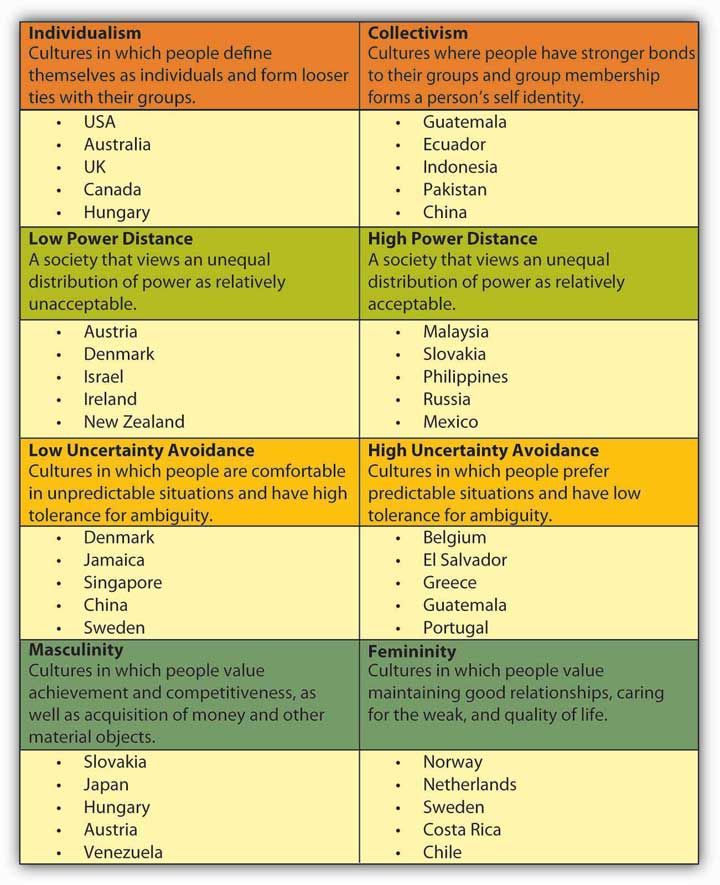
318
SHARES
7 Ways To Level Up The Bonding In Your Relationship
Life
by Eva Taylor Grant
BDG Media, Inc.
You may associate bonding with your partner with the early stages of your relationship. But whether you're six months or six years in, there are always more opportunities to grow closer with your partner. Learning how to bond in a relationship can be a lifelong pursuit, but it definitely doesn't have to be difficult.
There's a difference between struggling and putting effort into your relationship. With bonding, sometimes it will just take a little bit of conscious effort. "Bonding with your partner takes work," Liz Colizza, MA, LPC, Head of Research at Lasting, tells Bustle. "Sometimes ‘bonding work’ feels easy and sometimes it feels difficult. Bonding with your partner feels easy when it flows out of shared interests, hobbies, or experiences. " So if you can identify what little ways you're already sharing with your partner, you may be a step closer to bonding even more — and potentially growing your love and connection.
" So if you can identify what little ways you're already sharing with your partner, you may be a step closer to bonding even more — and potentially growing your love and connection.
You don't need to ask each other the 36 questions that lead to love, or do any sort of forced activity or bonding, just to get to know your partner better. Sometimes simply expressing your interest will do the trick. And therapists and experts who work with couples have identified some excellent ways to bond a little bit more with your partner — ways that you may even already be doing to some degree.
Here are seven ways to level up the bonding in your relationship.
1
Express Interest And Curiosity
Dmytro Zinkevych/Shutterstock
When you've been together for a while, or even live together, you and your partner may fall into the pattern of asking fewer and fewer open-ended questions: questions that begin with "how" or "why," and generally don't have a "yes" or "no" answer.
"This sounds so simple, but it’s easy for couples to stop asking open-ended questions because they fall into a habit of taking one another for granted," Colizza says. " [...] The reality is that you and your partner will change over time and that you need to continually update your knowledge of your partner. Asking open-ended questions can increase emotional connection and friendship in [relationships]." Being aware of how you pose your questions can help you develop this form of bonding as a habit.
2
Prioritize Your Partner's "Emotional Calls"
FashionStock/Shutterstock
While you may know your partner better than anyone else, it can still become easy over time to not always notice when they are reaching out to you emotionally. Colizza calls these "emotional calls," and responding to them is an essential form of bonding.
"Emotional calls are all tiny attempts to connect with your partner throughout the day," Colizza says. " [.. .] If you want to improve the health of your [relationship], make it a priority to notice your partner’s attempts to connect with you. Respond to their calls by lovingly meeting their need and communicating to your partner that you are there for them." It's worth finding ways to respond to your partner, even when they're communicating nonverbally, to show your connection.
.] If you want to improve the health of your [relationship], make it a priority to notice your partner’s attempts to connect with you. Respond to their calls by lovingly meeting their need and communicating to your partner that you are there for them." It's worth finding ways to respond to your partner, even when they're communicating nonverbally, to show your connection.
3
Verbally Express Your Appreciation
Andrew Zaeh for Bustle
Saying "thank you" to your partner may seem more like an act of politeness, rather than an act of bonding, but experts say that appreciation is much more nuanced than that.
"Again, this sounds simple and you are probably doing it on some level, but appreciation produces huge benefits," Colizza says. "When you express appreciation toward your partner you build a protective shield around your relationship [because] appreciation counteracts contempt — which is one of the most destructive forces in [a relationship]. " Learning to express your appreciation daily can help you two grow closer than ever before.
" Learning to express your appreciation daily can help you two grow closer than ever before.
4
Make An Effort At Eye Contact
Ashley Batz/Bustle
When you and your partner have been together for a while, the realities of everyday life as a couple may mean that you aren't staring lovingly into each other's eyes as much as you used to. But working towards more eye contact can actually be a major boost in terms of bonding.
"Partners can bond with one another by maintaining eye contact when they communicate, especially if discussing important topics about their feelings, experiences, or needs," licensed psychotherapist and founder of Let's Talk Divorce, Shirin Peykar, LMFT, tells Bustle. So even if you may not be in your honeymoon stage anymore, at least you'll be opening the door towards more honest and vulnerable communication.
5
Put Your Phone Down
Ashley Batz/Bustle
While there's something to be said about a connection so deep that you can sit in silence on a couch, scrolling through Instagram, and not feeling awkward about it, there is still something to be said about dedicated phone-free time for couples.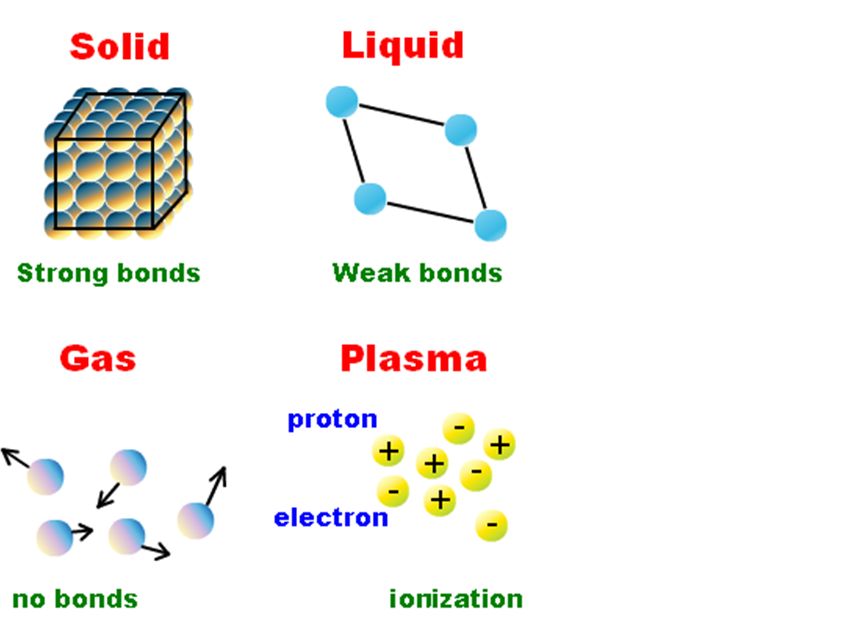
"One really important thing we can do to make our partner feel worthy of our time is [to put] our phones down when communicating, which also cultivates bonding," Peykar says. Whether this means actively coordinating a "no phones at the dinner table" policy, or just leading by example, you may find that these moments are great opportunities to bond.
6
Initiate Physical Touch
klublu/Shutterstock
Having a strong sexual connection with your partner is fantastic, but physical touch does not have to be reserved for moments of sexual intimacy between you and your partner. Making physical touch a more common, everyday habit in your relationship can be quite beneficial.
"A simple thing we can do to facilitate bonding is through physical touch when [you] are in the same space [like] watching television, cooking together, [or] getting ready to go out," Peykar says. "Sometimes, a simple touch can create a substantial emotional association. " Not all touch has to lead to anything, and practicing this more can help grow the bond between you and your partner.
" Not all touch has to lead to anything, and practicing this more can help grow the bond between you and your partner.
7
Create Rituals Together
Kosim Shokurov/Shutterstock
Building rituals or traditions as a couple can give you two something to look forward to regularly, and be able to ensure that you and your partner are constantly building your connection — even if you have hectic daily lives.
"Creating a ritual of connection — such as going on a walk after dinner, or having coffee ready for your [partner] after putting the kids to bed so that you can [...] talk about your day, can be something you both look forward to as well," Peykar says. Whether you decide you want to build in daily, weekly, or monthly rituals, there's something about the repetition of these simple acts of bonding that can help really level up your existing connection.
Whichever way you decide to grow your bond with your partner, chances are — you're already likely well on your way. Bonding has no concrete goals to achieve, because it's something a couple does, and continues to do, for the course of a relationship. And making even the slightest changes in your daily interactions can help grow your love even further.
Bonding has no concrete goals to achieve, because it's something a couple does, and continues to do, for the course of a relationship. And making even the slightest changes in your daily interactions can help grow your love even further.
Authentic people have deeper and stronger relationships with others than non-authentic people. Authenticity: How to be yourself
One morning, while I was having coffee in the morning, I was reading ads from the "Dating" section in the newspaper. Approximately 21% of the 89 women who placed ads described themselves as sincere, open and honest, and about 14% were looking for partners with the same qualities. Among men, the statistics were about the same. We expect authenticity from friends, relatives and colleagues, and we know that it is mutual {105}. But still, I'm not sure that this is exactly what should be emphasized in the ads in the "Dating" section, since most people a priori consider themselves authentic; at the same time, as we have already seen, often we know ourselves very poorly and therefore do not feel that in fact we lack authenticity.
I advise anyone writing Dating ads to list "obvious" qualities in their requirements, such as a love of hiking, movies, fine wines, or museum visits. And you can assess the degree of authenticity in a personal meeting. In relationships, we are extremely careful about whether our partners are authentic. Authenticity is a kind of binding relationship.
But there is an important nuance here. In order for a relationship to be long-lasting, a person needs to be himself, but when a romantic relationship is born, you don’t really want to be yourself.
William Swann and colleagues at the University of Texas surveyed 176 couples who were married and not yet married. People were seated on opposite sides of a long table and given a list of questions about themselves and their partner. The length of the table did not allow the subjects to see each other's answers. It turned out that married and married subjects were closest to partners who rated them in much the same way as they rated themselves, but unmarried and unmarried subjects liked those who rated them purely positively more. At the beginning of a relationship, we look at a partner, wondering if he is suitable for the role of a companion for our whole life, but we don’t always want him to see our true “I”. However, when relationships are strengthened, we strive to show ourselves for who we are. Researchers have found that couples want their loved one to know who they are, no matter how highly they rate themselves. In other words, it's not just high self-esteem test subjects who want their loved one to know who they really are—everyone needs it.
At the beginning of a relationship, we look at a partner, wondering if he is suitable for the role of a companion for our whole life, but we don’t always want him to see our true “I”. However, when relationships are strengthened, we strive to show ourselves for who we are. Researchers have found that couples want their loved one to know who they are, no matter how highly they rate themselves. In other words, it's not just high self-esteem test subjects who want their loved one to know who they really are—everyone needs it.
Case Analysis: Joe
It turns out that we need to be accepted for who we are, otherwise our feelings will cool. That's what happened to Joe. He was in his forties, recently divorced from his wife, and could not believe his luck when he met Patricia, a beautiful, intelligent woman who completely bewitched him. He was absolutely sure that this was the woman he had been waiting for all his life to meet. He did his best to get them into a relationship, and very quickly confessed his feelings to Patricia. At first, he did not notice that in their couple she had more power. When Joe talked about how it was time for them to move in and start a new life together, Patricia asked him not to rush. It was obvious that Joe was more enthusiastic in this pair, but all power was in the hands of Patricia.
At first, he did not notice that in their couple she had more power. When Joe talked about how it was time for them to move in and start a new life together, Patricia asked him not to rush. It was obvious that Joe was more enthusiastic in this pair, but all power was in the hands of Patricia.
A few months later, Joe noticed it himself. He used to pay for dinners in restaurants, going to the theater, etc., and he didn’t even notice it himself, because he was too much in love. But then he suddenly realized that even a year after they met, he still had not learned to be himself in the presence of Patricia. Here is what he said: “I realized that she did not know me at all. I tried to appear better than I am in order to impress and win her over. I always tried to be perfect and I was very afraid that if she realized what I really was, she would leave me. When the balance of power in a relationship is upset, it can lead to a loss of authenticity.
Moreover, all the ups and downs of these relationships Joe related only to himself. If everything went well, he praised himself, and if it went badly, he scolded.
If everything went well, he praised himself, and if it went badly, he scolded.
Here we can talk about the so-called floating self-esteem, which is affected by any changes in the relationship with a partner {107}.
It also happens that people lose themselves in relationships. And then for some reason I remember the mating of anglerfish. When the male anglerfish reaches maturity, its digestive system stops working. The fish can't eat anymore. So evolution programmed her to look for a female. By the way, females are 40 times larger than males. Having found a suitable partner, the male attaches itself to her and releases an enzyme that “solders” them forever. Now the male receives all the nutrients necessary for life from the female. Two organisms merge into one. Ultimately, the male turns into a kind of process on the body of his beloved. In a metaphorical sense, sometimes people enter into relationships in which one partner completely dissolves into the other.
Checking the Balance of Power in Relationships
Christine Neff and Marie-Anne Suizzo, psychologists at the University of Texas, have studied the topic of the balance of power in relationships. In the course of the study, they asked the subjects to say who is more influential in their relationship: they or the partner {108}.
In the course of the study, they asked the subjects to say who is more influential in their relationship: they or the partner {108}.
Imagine that you were offered five schemes like those that we see in fig. 4.
You are then asked to rate your own relationship. If you believe that you are the undisputed leader, then Diagram 1 suits you. Diagram 2 also reflects your leadership, although not as absolute. In Figure 3, we see complete equality. If, however, you believe that the partner is the leader in the relationship and you are the follower, patterns 4 or 5 will suit you. Neff and Suizzo found that those who considered themselves the follower were much more likely to admit that at times they behave insincerely in communication with a partner or that It's hard for them to be themselves around him.
For a long and happy relationship, authenticity is vital. Frederick Lopez of the University of Houston and Kenneth Rice of the University of Florida identified two key components of such a relationship: aversion to deception and a willingness to take risks.
Rejection of deception is a quality suggesting that it is extremely important for a person to be himself in a relationship, even if the partner has to see him not from the best side. Such people need their partner to know who they really are, to have an idea of all their strengths and weaknesses, and they want to know the same about their partner. They prefer open and honest dialogue. They strive for sincerity and truthfulness, even though the truth can sometimes be disappointing. Read the statements below and think: how do you feel about cheating yourself?
• To avoid conflict, I sometimes tell my partner what he wants to hear, even if it's not true.
• I deliberately hide my true feelings and opinions on certain issues so as not to upset my partner.
If you disagree with both statements, you probably won't tolerate cheating in a relationship.
Willingness to take risks is a quality that suggests that a person seeks to share his secret thoughts and feelings with a partner. Such a person will not tolerate, even at the cost of quarrels, any secrets in a relationship. His goal is to be 100% himself. Read the statements below and think: how do you yourself feel about absolute sincerity in a relationship?
Such a person will not tolerate, even at the cost of quarrels, any secrets in a relationship. His goal is to be 100% himself. Read the statements below and think: how do you yourself feel about absolute sincerity in a relationship?
• I freely share the most intimate with my partner.
• There are no taboo topics between myself and my partner.
If you agree with both statements, you are probably willing to take risks for the sake of sincerity.
In their study, Lopez and Rice found that those who consider cheating unacceptable and willingly share everything intimate with a partner are the most satisfied relationships. If we become more authentic, two scenarios are possible: either the relationship will come to naught (in the event that our partner cannot tolerate equality), or we will achieve the desired balance of power. One way or another, as we begin to avoid deceit and become more open in communication, relationships will undoubtedly change.
The balance of power in other relationships, with friends, relatives, colleagues, can be thought of in a similar way.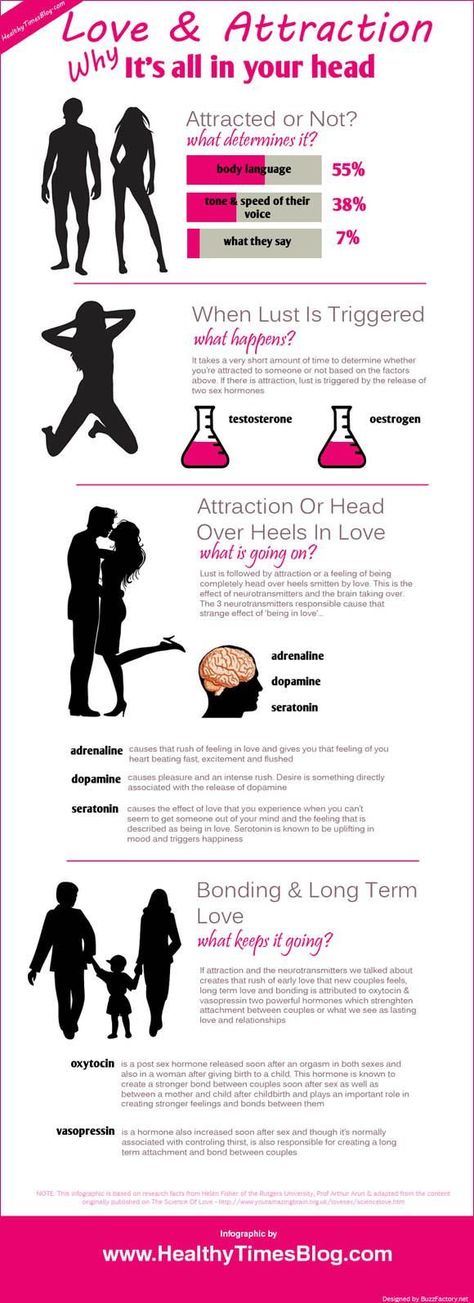 As a result, we will either find that we are equally in control of most areas of life, or we will understand in what ways the balance of power is upset. Such reflections will influence our expression of authenticity. And if we find that the balance of power is not in our favor, we will feel our own inauthenticity.
As a result, we will either find that we are equally in control of most areas of life, or we will understand in what ways the balance of power is upset. Such reflections will influence our expression of authenticity. And if we find that the balance of power is not in our favor, we will feel our own inauthenticity.
Let authenticity develop in relationships
Authenticity is the basis of a relationship, but this does not mean at all that you need to “open wide” already on the first date. As we have already seen, it is more correct to open up gradually, and this process should be mutual. If you open up too quickly, you yourself may not want to continue the relationship. I'm not saying that in no case should you show authenticity on a first date, but it's better not to confide your innermost fears and childhood traumas to a new acquaintance for the time being. Excessive and immediately demonstrated openness scares a lot of people. In general, authenticity can and should be shown, but one should act in the rhythm of the development of relations.
Authenticity is the ability to be in a relationship with another person absolutely on an equal footing and at the same time not strive to upset the balance of power, even if you were told in childhood that this is completely normal. Instead, be open, honest, and sincere, and appreciate the emotional and physical closeness that has already been achieved. Then you can accept yourself for who you are.
Now that we've looked at the idea of authenticity and the scientific research behind why it's important, let's talk about how to bring authenticity into your life.
10 Ways to Build a Strong Father-Son Relationship
Father-son relationships are really complicated. Parents and children who do not have common interests may have difficulty communicating with each other. Despite the desire to show their love for each other, their masculine inclinations may disappear. The main problem is that it can be difficult for them to communicate with each other. But some methods can help build a bond between father and son.
The main problem is that it can be difficult for them to communicate with each other. But some methods can help build a bond between father and son.
How a father-son relationship develops and changes over time
All relationships change over time. Likewise, the relationship between father and son undergoes some changes over time.
1. Idol
When boys are little, they tend to cling to their parents and think they are invincible.
2. Discord
This stage occurs during adolescence. This is when they don't want to be like their parents. Usually the opinions of the other side do not coincide. It is a break in the relationship between father and son.
3. Difficult
In adulthood, contempt and disagreement can begin to turn into something like competition.
4. Adoption
This usually occurs between the ages of 30 and 40. During this period, old problems are abandoned, and the son begins to realize the positive traits of his father. At this point, a friendship begins to develop.
At this point, a friendship begins to develop.
5. Legacy
This stage falls on the fifties, and at this moment the son begins to understand that he is a mirror image of his father.
Tips for parents to strengthen bonds with their children
In the past, the bond between father and son was a bit distant because it was based only on respect and fear. Although there is love, there is also an emotional gap. However, this dynamic change has passed. Here are some tips that parents can use to be friends with their children:
1. Be a positive influence on her.
Not many people notice it, but boys, when they are small, always learn to be men first of all by watching their fathers. The personal development of the son due to the influence of the father is not always visible, but real. By watching his father interact with this mother, a young man learns respect (or, in some cases, disrespect), how men and women interact, and how men should deal with differences and conflicts. As this young man watches his father interact with other men, he learns how to talk to men, how he should treat his male friends, and how to deal with men's problems.
As this young man watches his father interact with other men, he learns how to talk to men, how he should treat his male friends, and how to deal with men's problems.
2. It's okay to play a little wild.
Most boys, especially at a young age, like to do something rough and active. Parents should engage in something like a little struggle, and then things will go very far. With boys, this little rough behavior seems to be a kind of bond. Be sure to keep them safe during this time. In addition, such behavior can be expressed in activities such as snowboarding, rock climbing or hockey.
3. Develop common interests
Almost all relationships become stronger when they both have something in common to talk about and share. In many cases, the lack of mutual interest is the reason why father and son do not spend enough time with each other. As a result, they could not learn anything about each other. Songs and movies for dad and son Bond are a great way to develop common interests.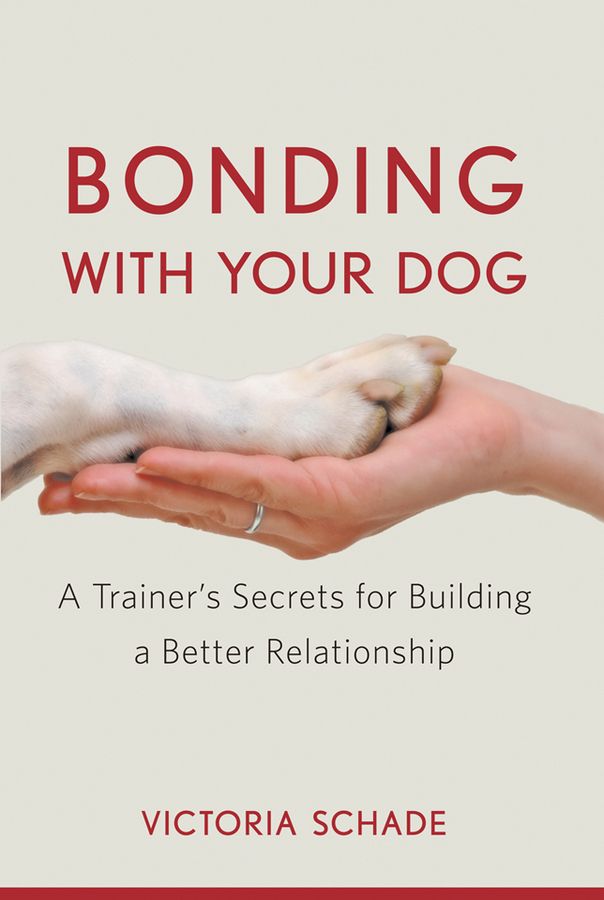
4. Get active.
Activities that parents can do with their children will help develop bonding. It can be anything, like cooking together in the kitchen or a Boy Scout where you help each other. It is best for parents to start this practice when their children are young.
5. Big project
A boy finds it truly magical when he takes on a bigger project than he does. Parents may try to do things like repair some machines and restart the machines. Many decide to build flower boxes, vacation houses, landscaping the backyard, or even go on a pleasant summer vacation. Whatever the project, once completed, the bond created will last a very long time.
6. Listen to them
Men generally find it difficult to communicate effectively. Starting at an earlier age, listen to them without judging or trying to fix the problem too soon. It builds strong relationships. Listening basically develops a sense of trust in the person with whom it is being shared.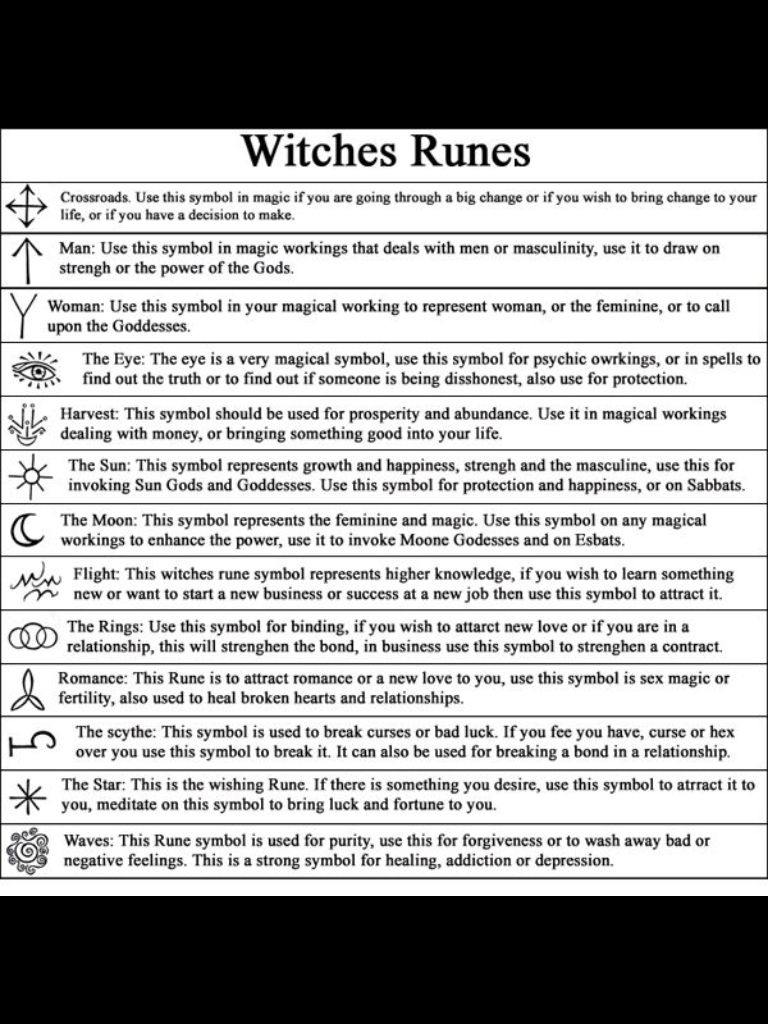 It also makes children feel at ease during difficult times. Hence, you can look for opportunities that you listen to. Activities such as going to a sporting event, fishing, or a long drive are effective ways to get your child to talk. Spend only 25% of your time talking and listening the rest of the time.
It also makes children feel at ease during difficult times. Hence, you can look for opportunities that you listen to. Activities such as going to a sporting event, fishing, or a long drive are effective ways to get your child to talk. Spend only 25% of your time talking and listening the rest of the time.
7. Don't be afraid to talk loudly.
The relationship between father and son from baby's crib to adolescence can be a bit complicated. When it comes to having a big conversation with a teenager, you might feel a little uncomfortable. Take your time talking to your son about the relationship and his body. It's best to have these conversations frankly, as this will help your son develop a better relationship with the opposite sex.
8. Focus on the positive.
There are negative messages present in all children. Even when they watch commercials on TV, they feel inferior because they are not as strong or as handsome as the men they see on TV. As a parent, you must communicate your agreement and disapproval of things.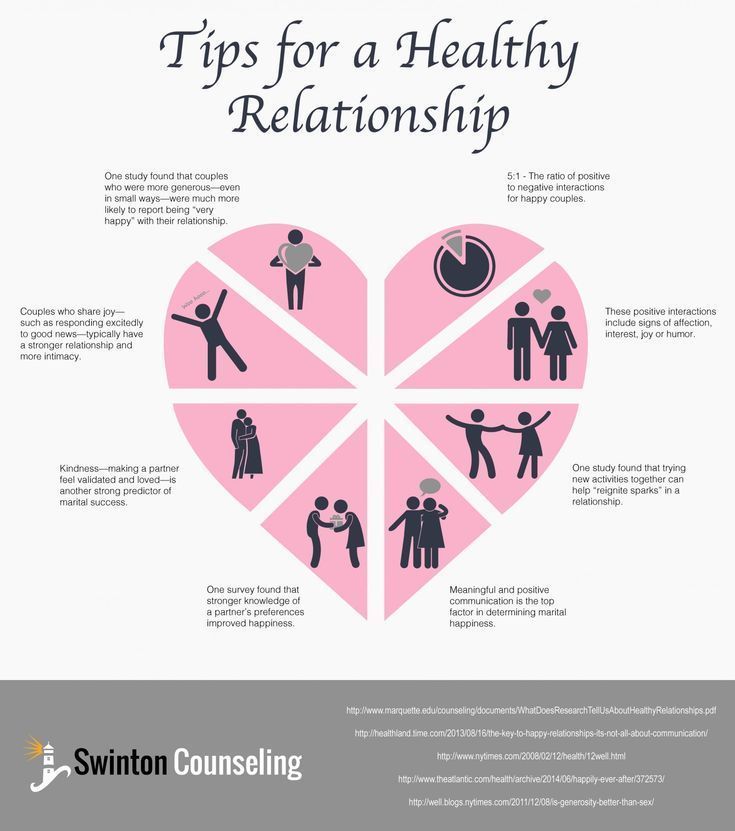 Constant reinforcement will help build trust.
Constant reinforcement will help build trust.
9. Idea Time
Your relationship with your child needs time. So don't forget to come up with ideas to spend one-on-one time with your child. He will be interested in different areas and you can stick to those areas. Spend time together so that you have good memories.
10. Focus on spirituality
Another important role of a father is to help his son establish himself spiritually. Whatever faith you follow, help your child understand the deeper meaning of life. Even if you have no faith or beliefs, help him understand his inner being. Parents can have such conversations with their sons calmly and naturally as they share feelings and thoughts about masculinity, spiritual things, and life itself.
Never keep a distance from children or be strict with them. They will not change this path. Children can only be molded by gently guiding them along a different path. Also, when you share a strong bond with your children, it will make life easier for you.